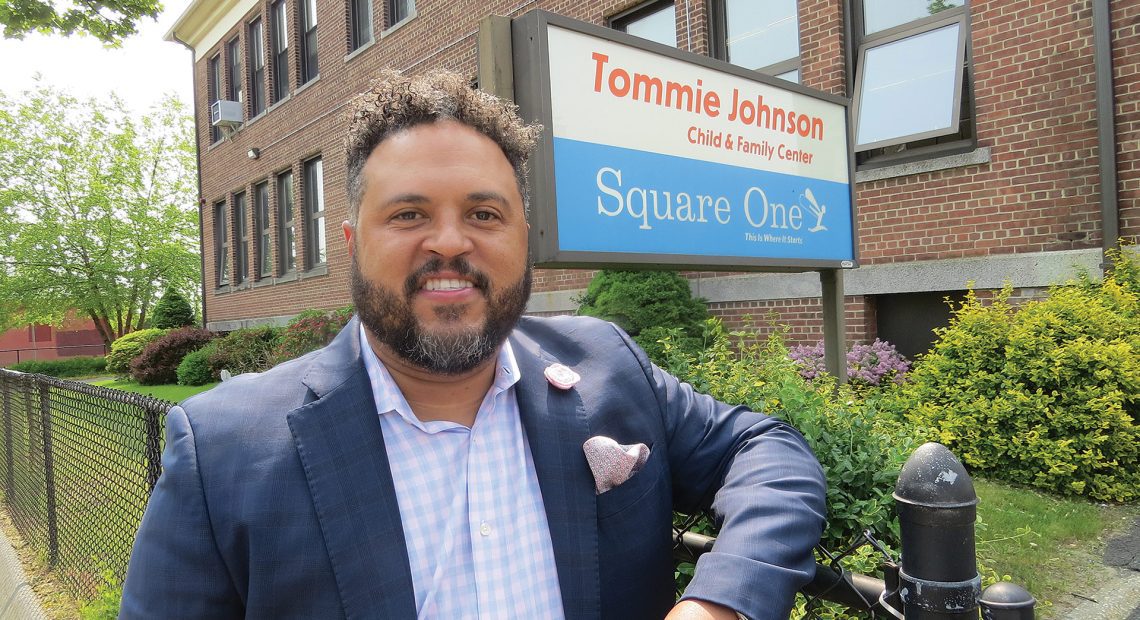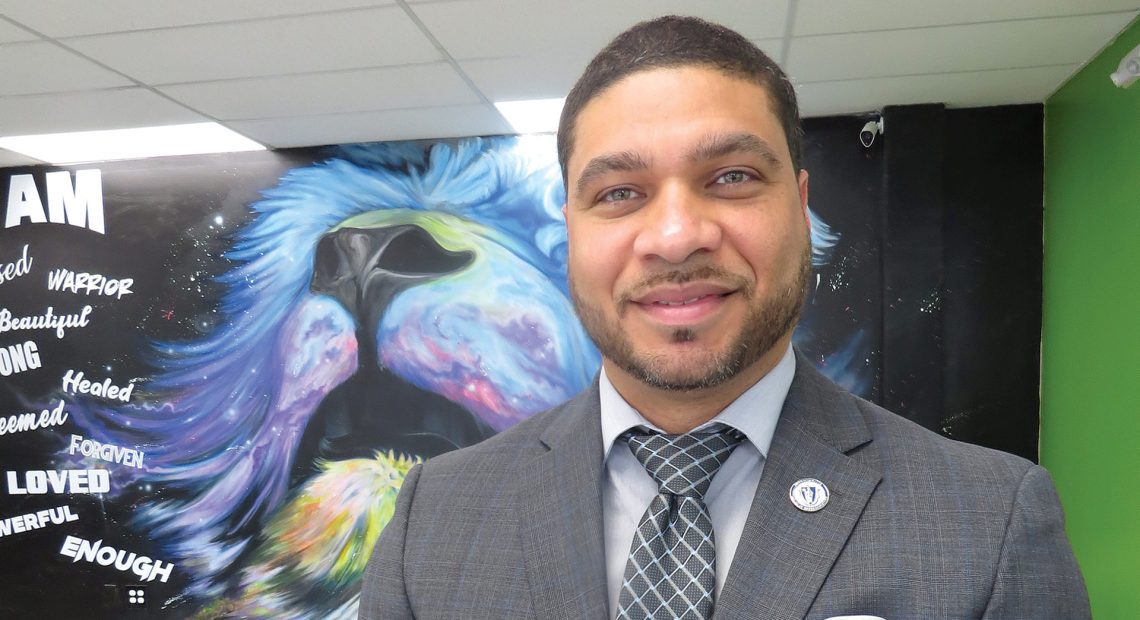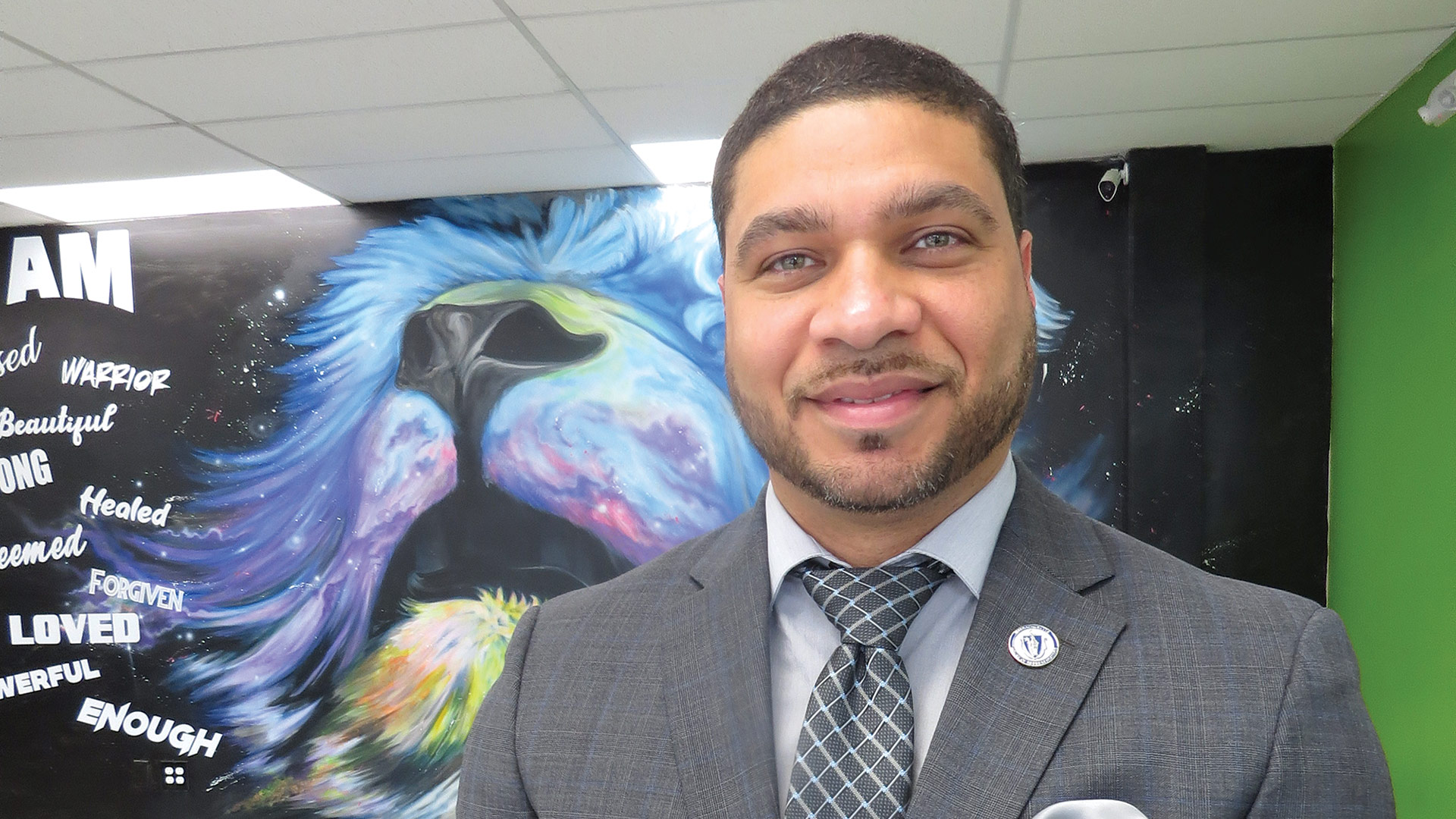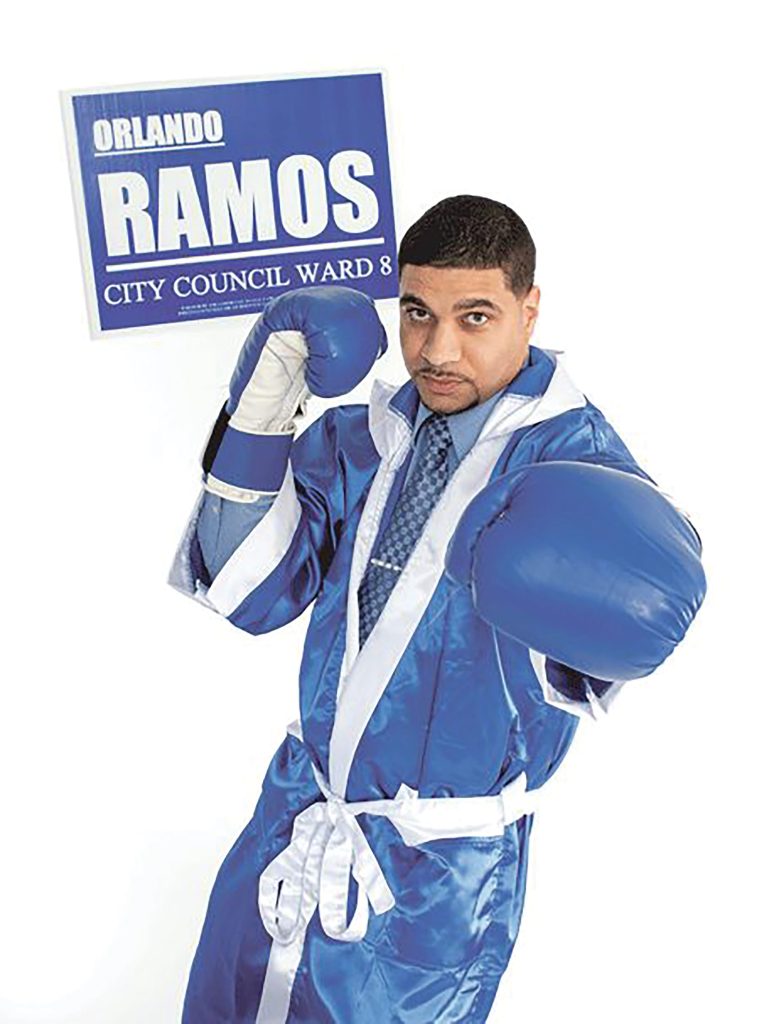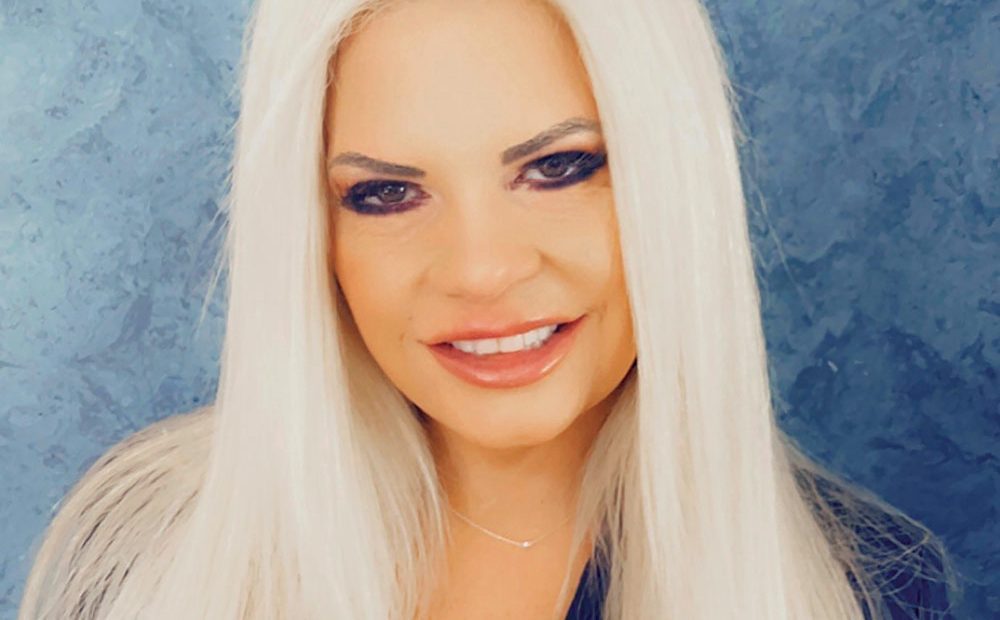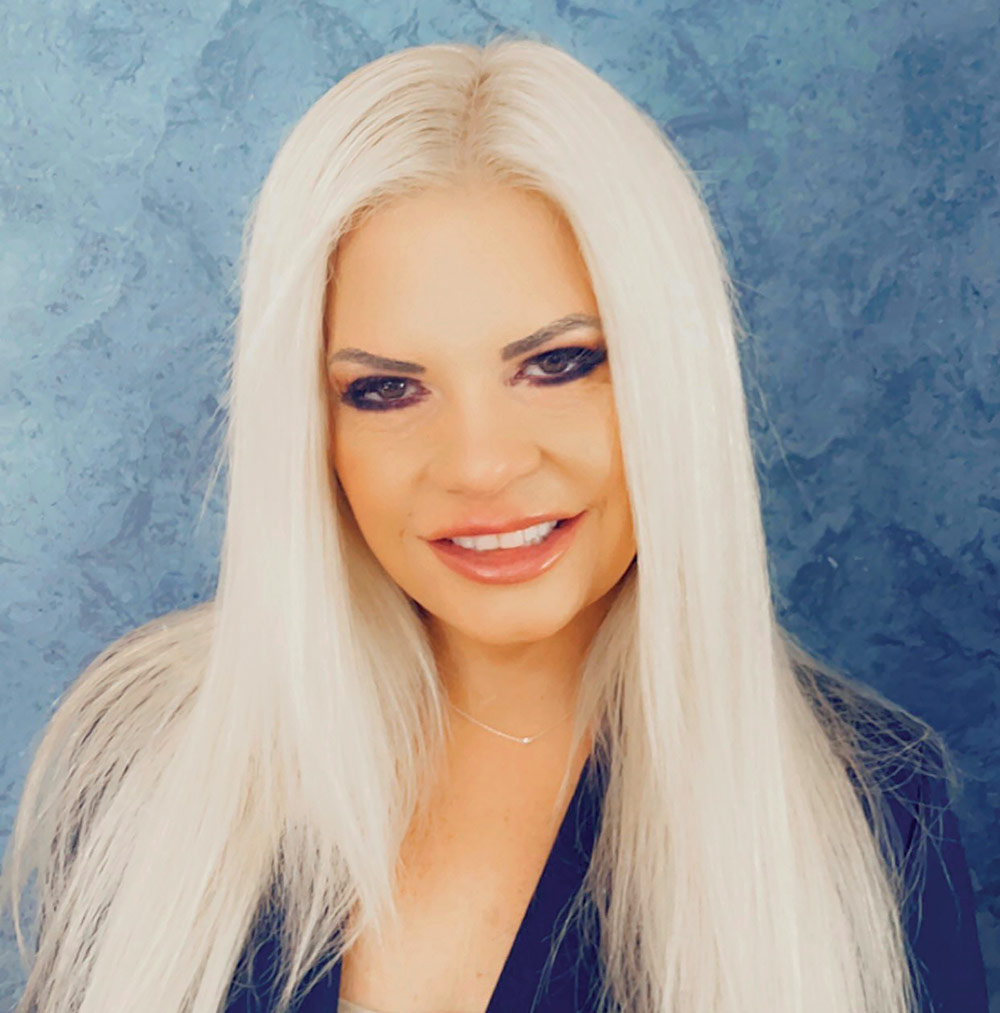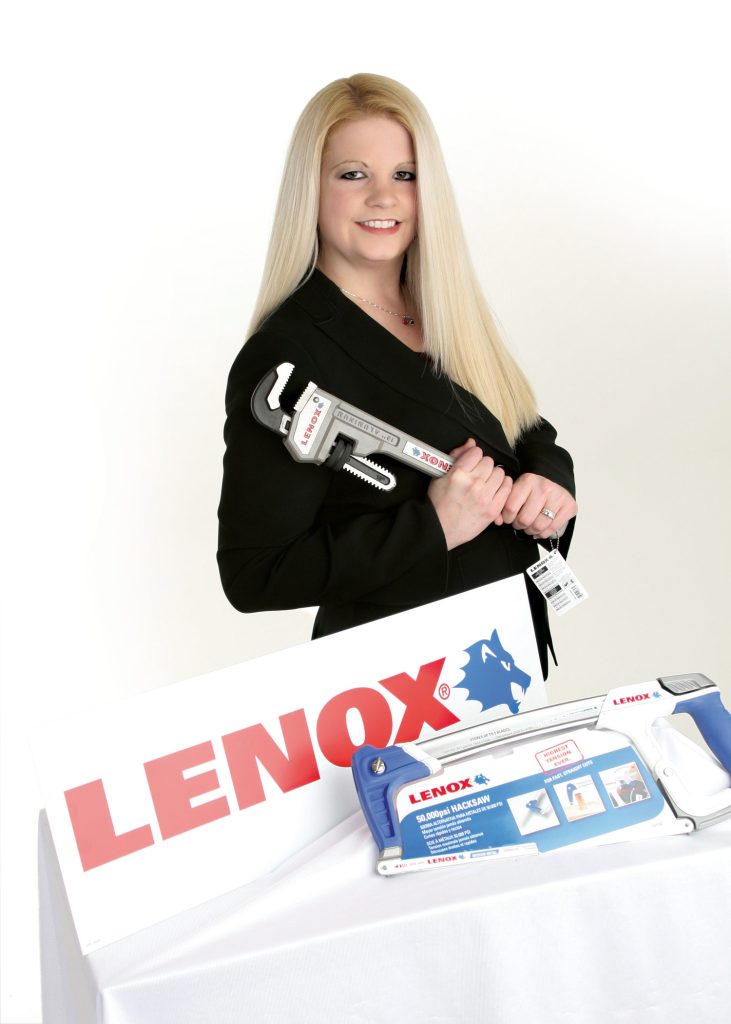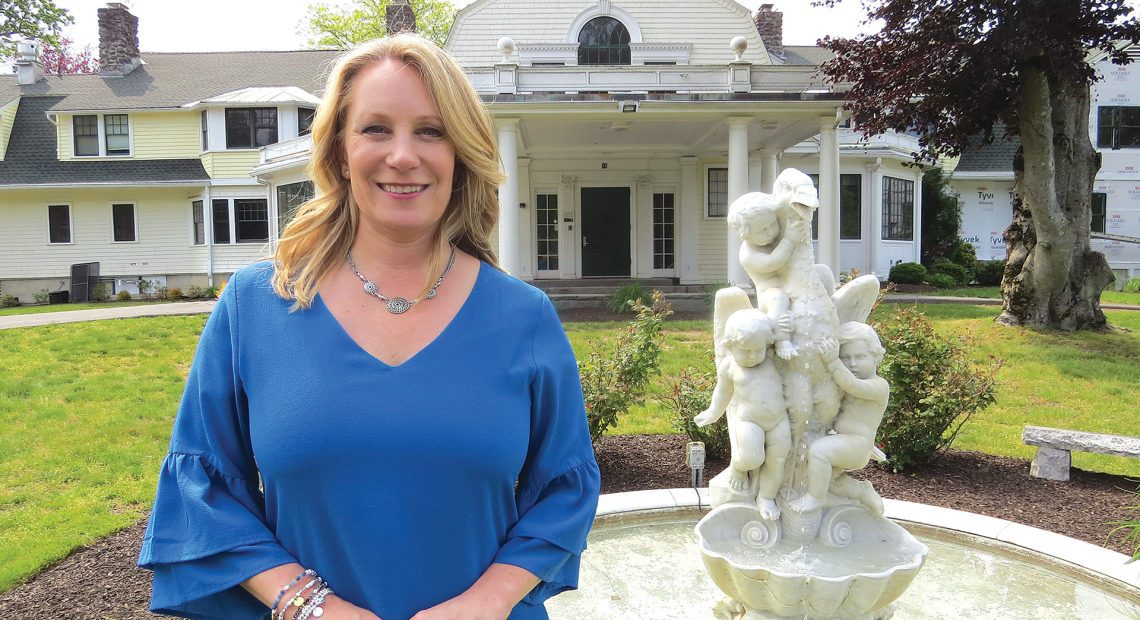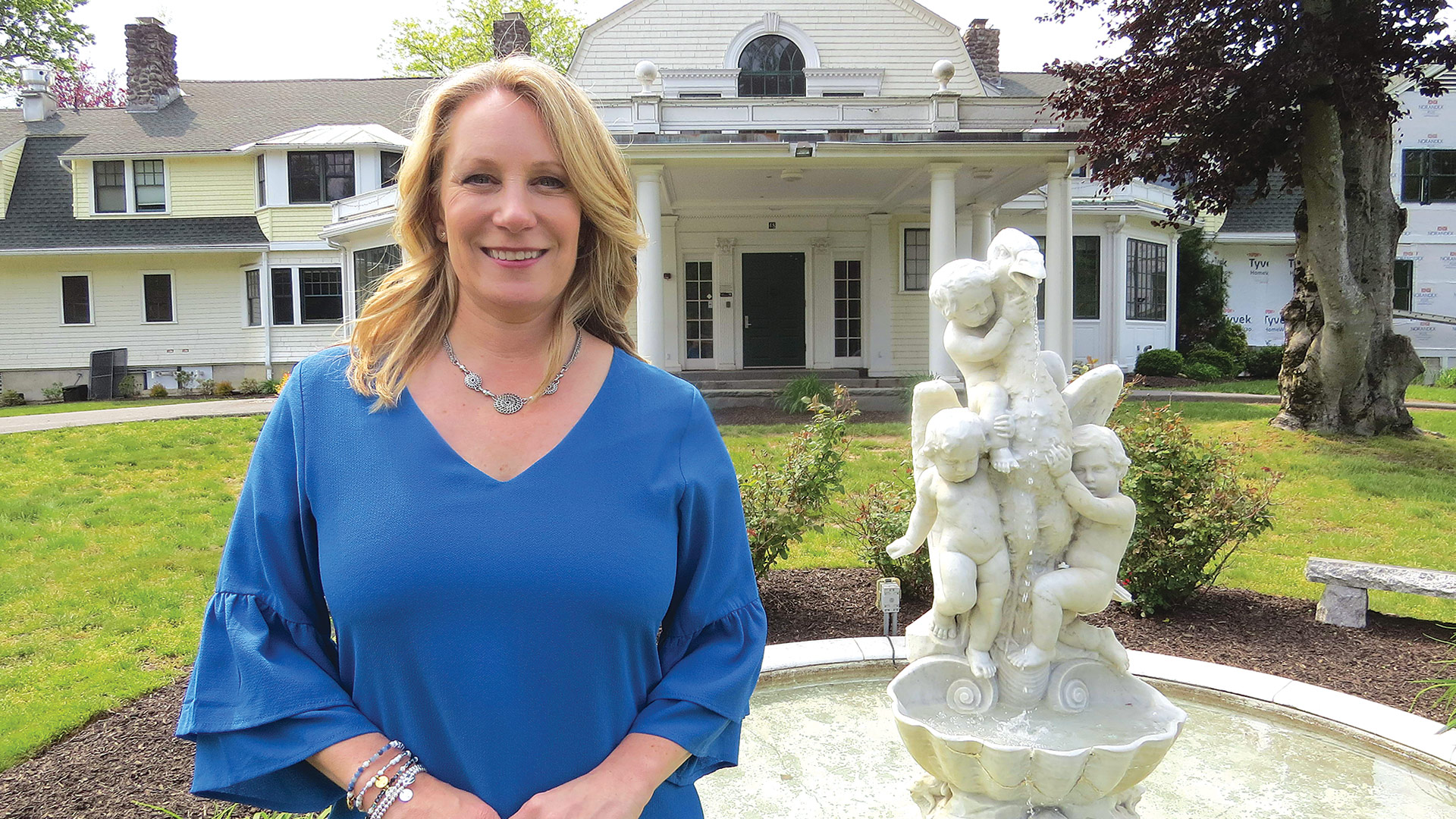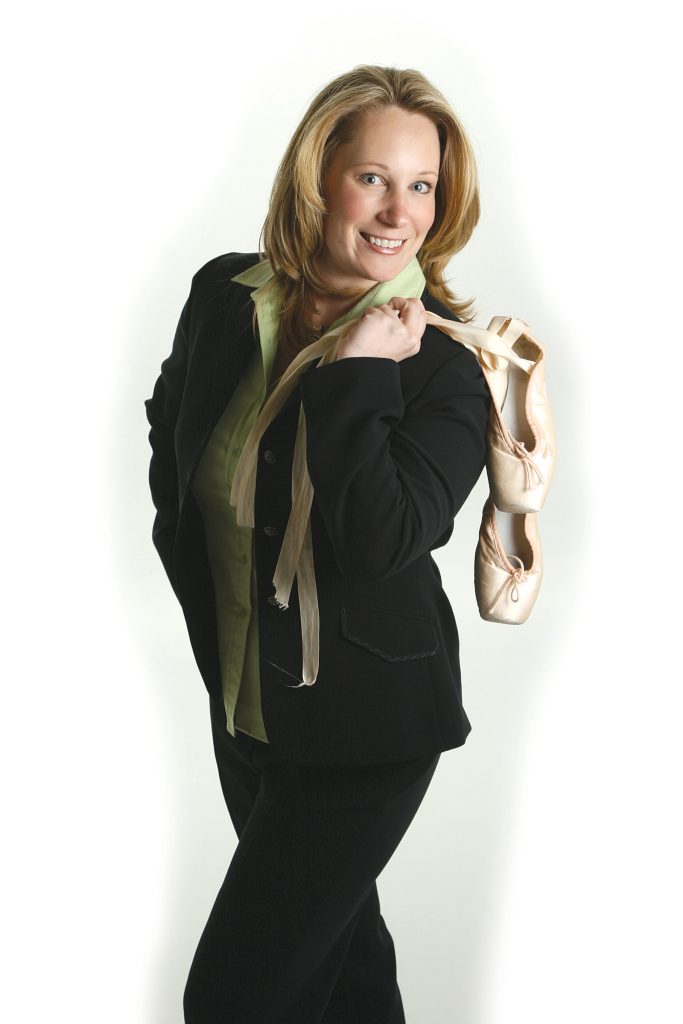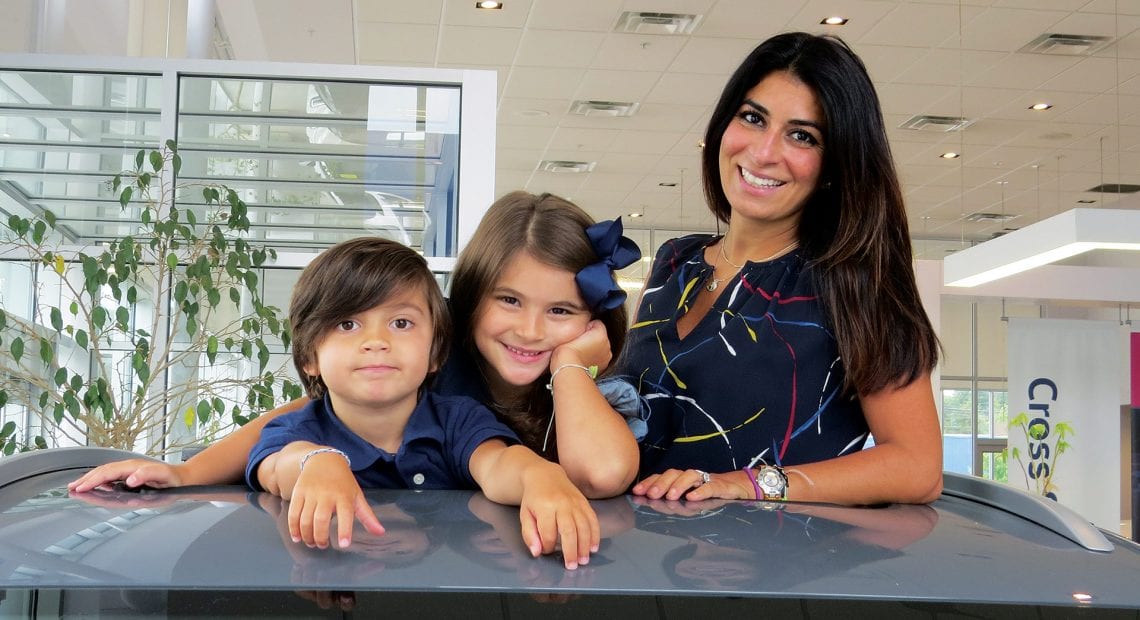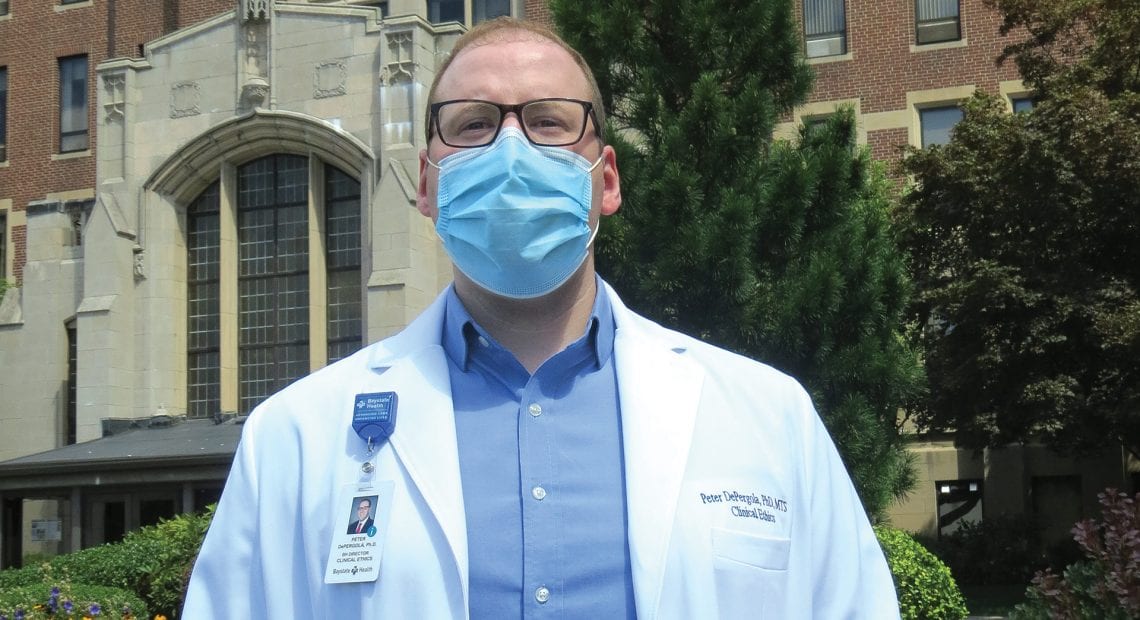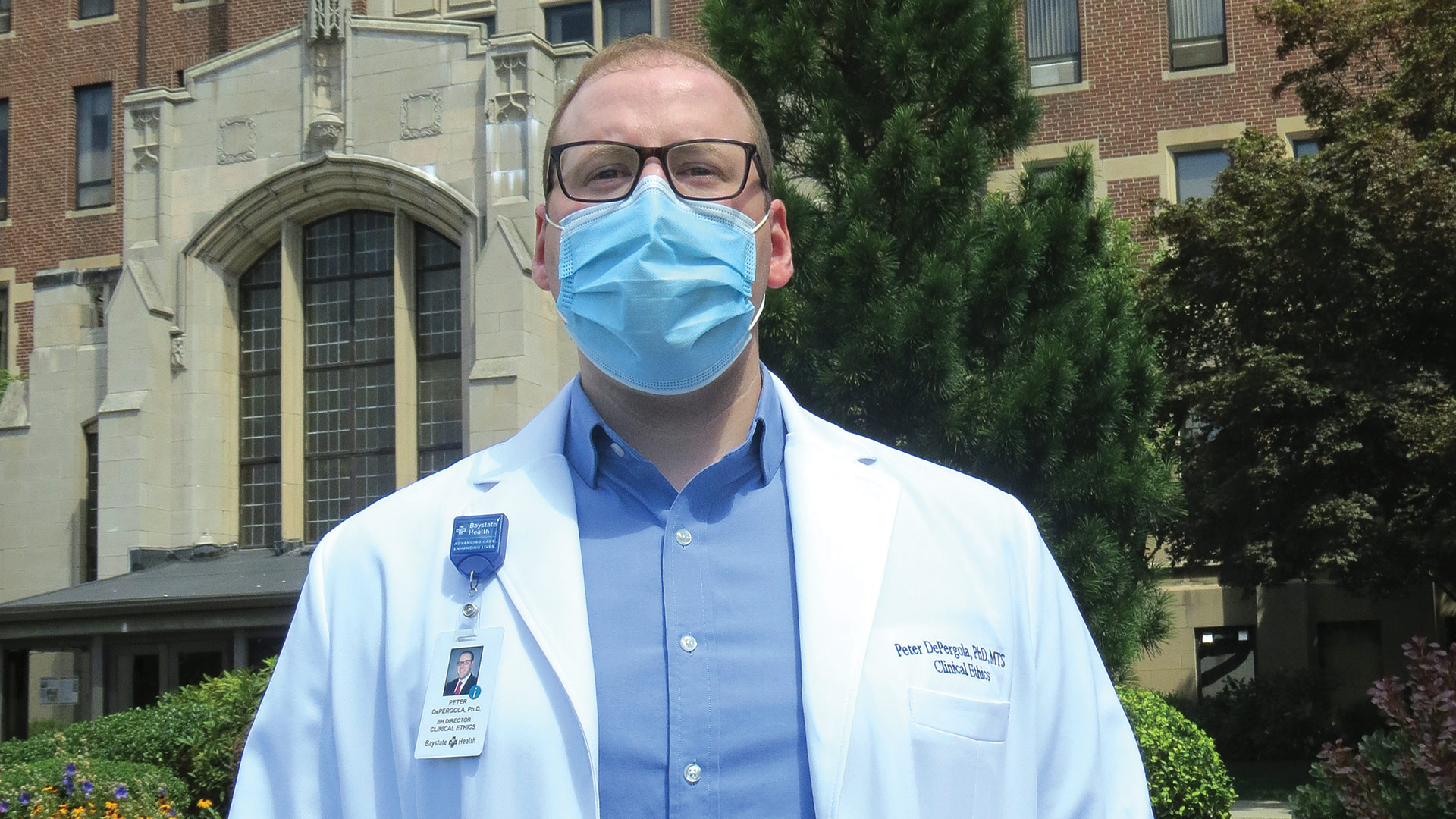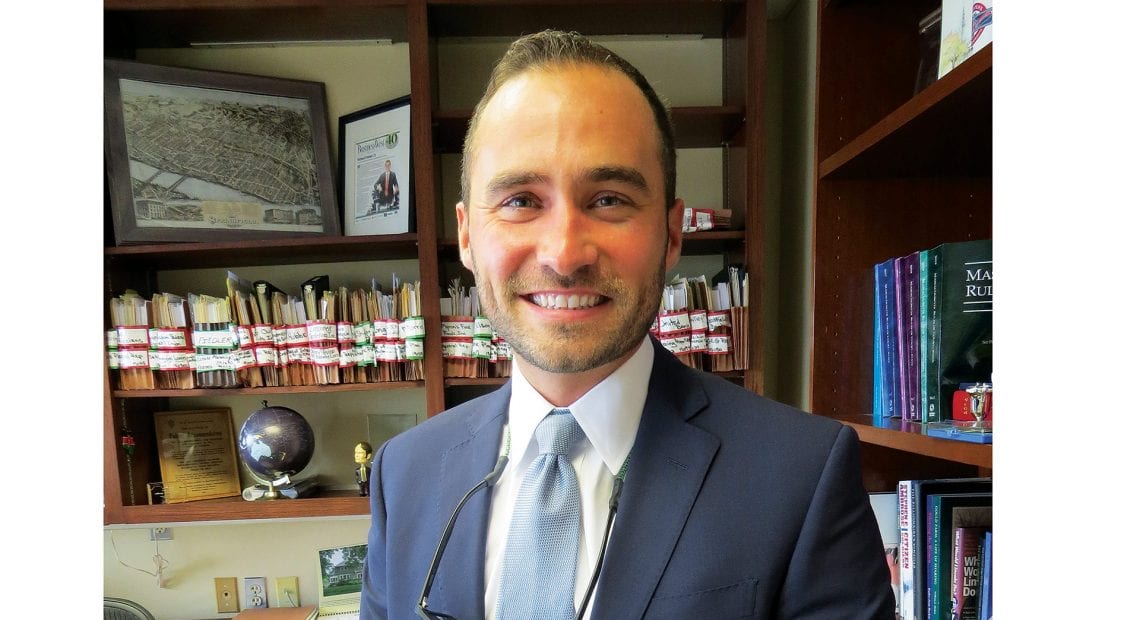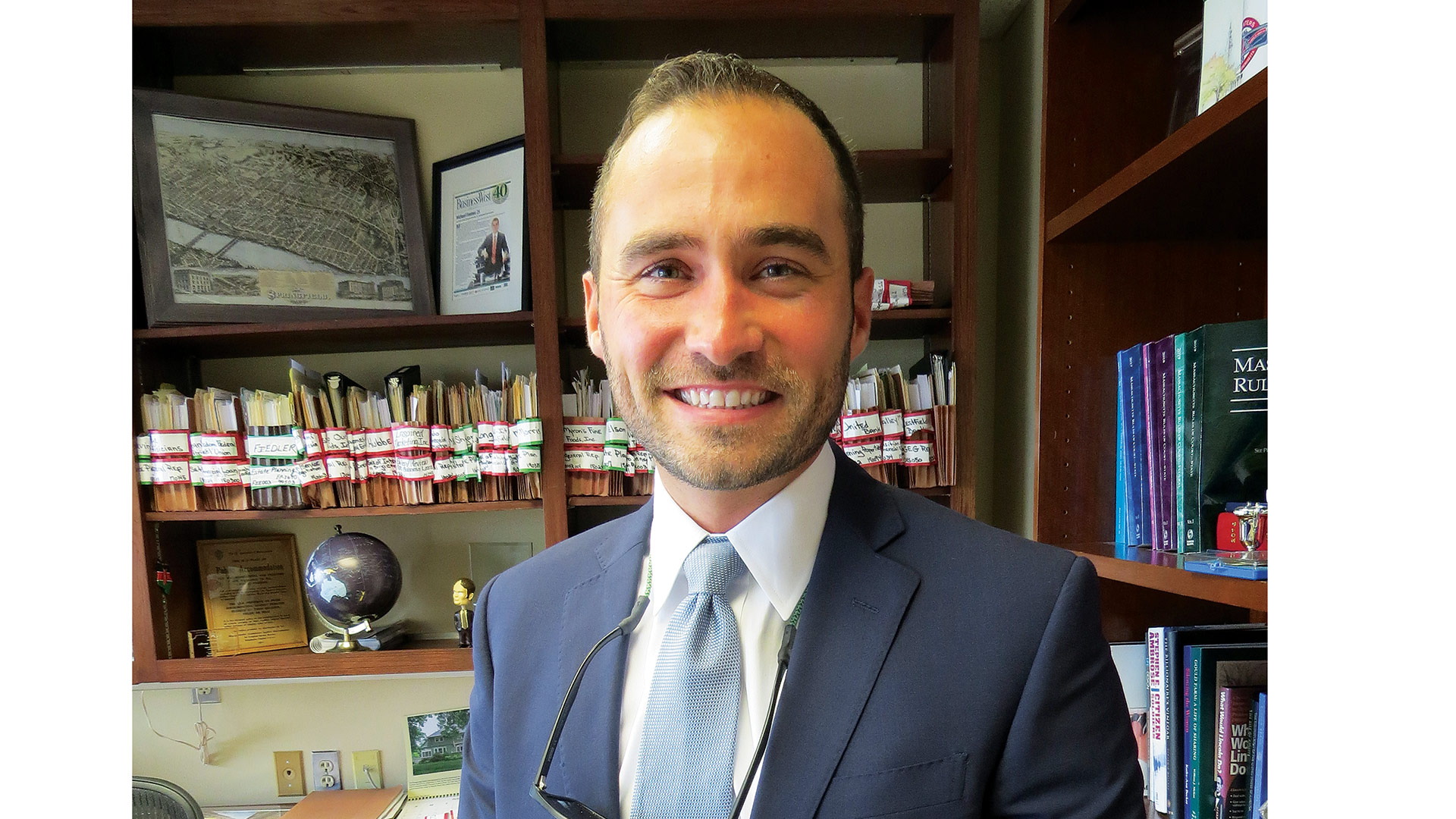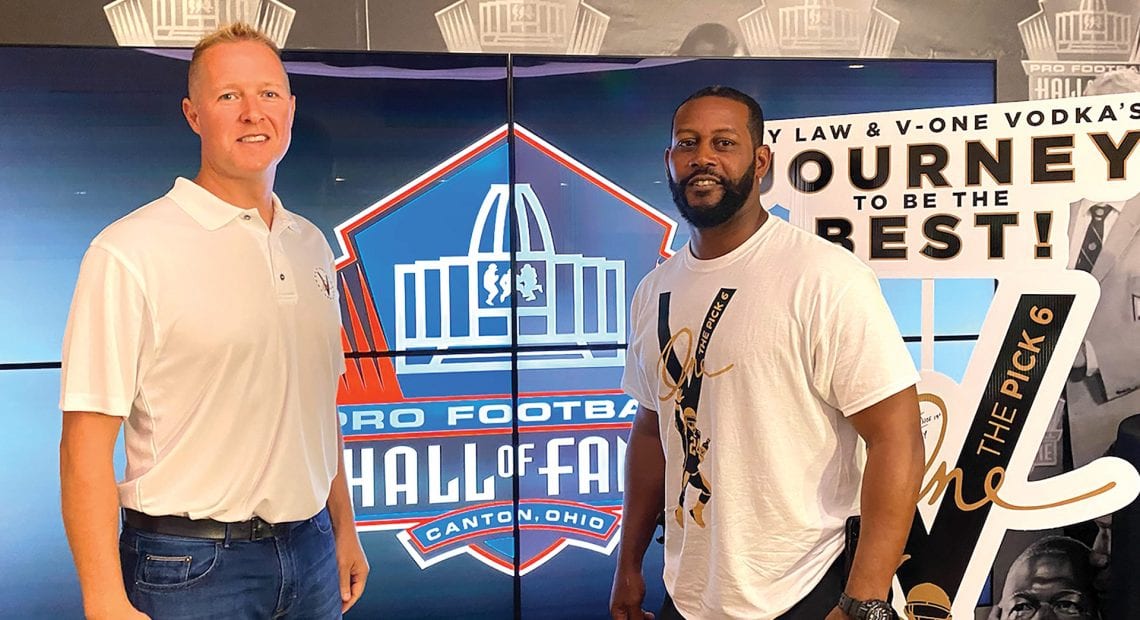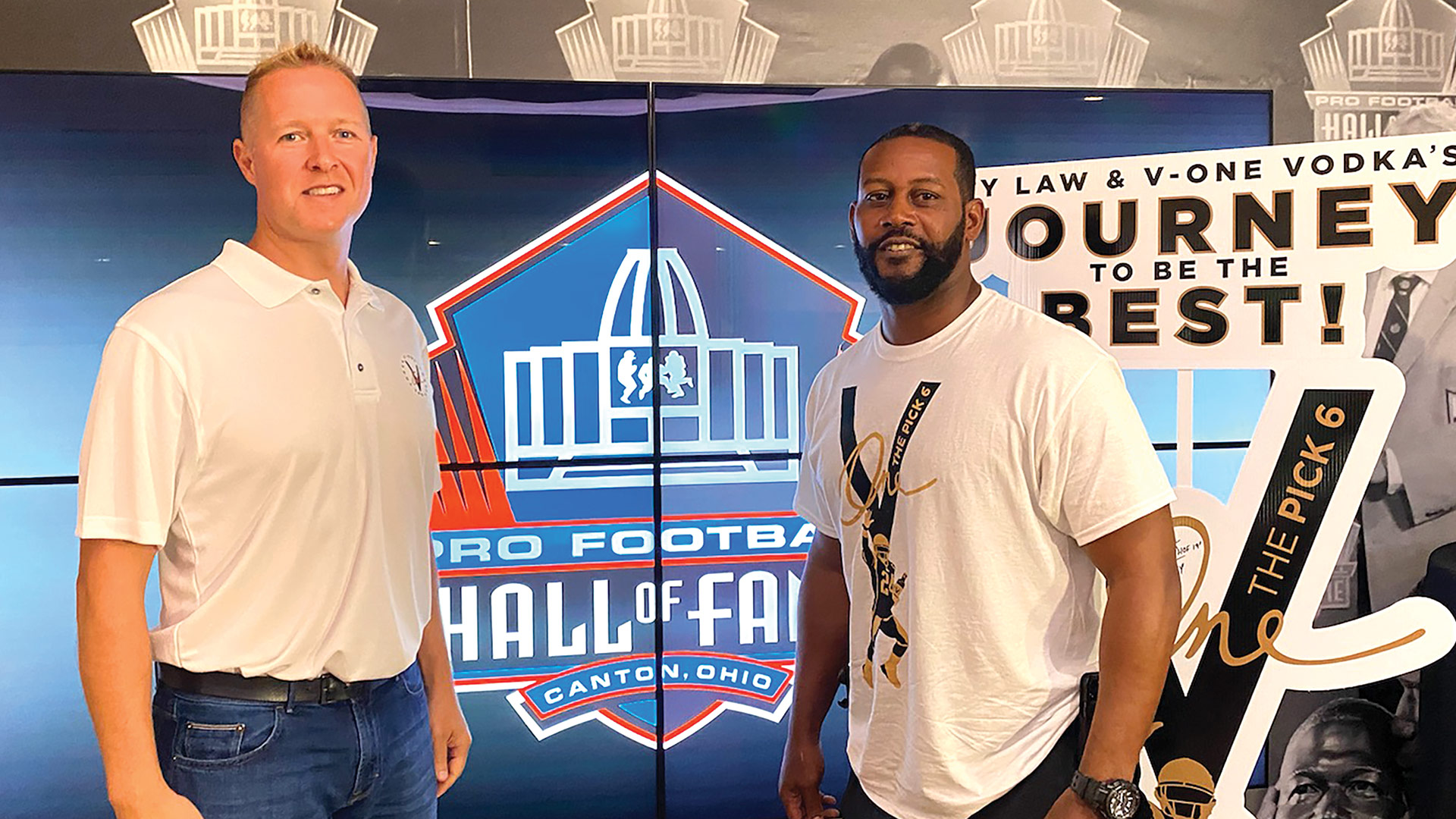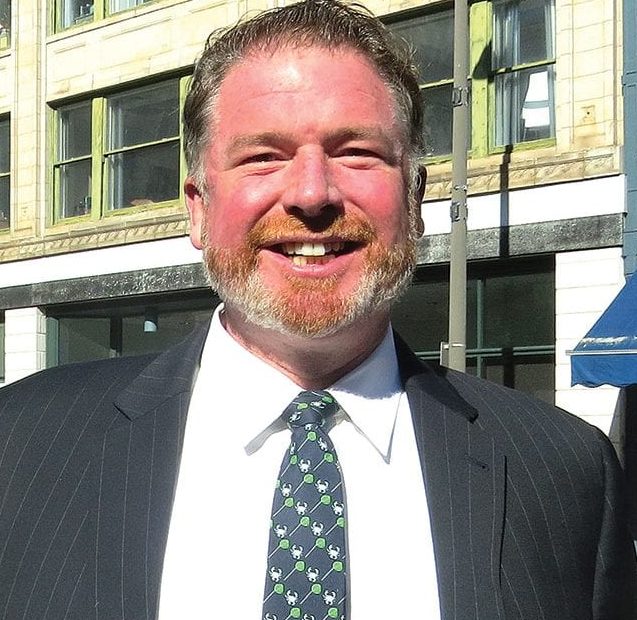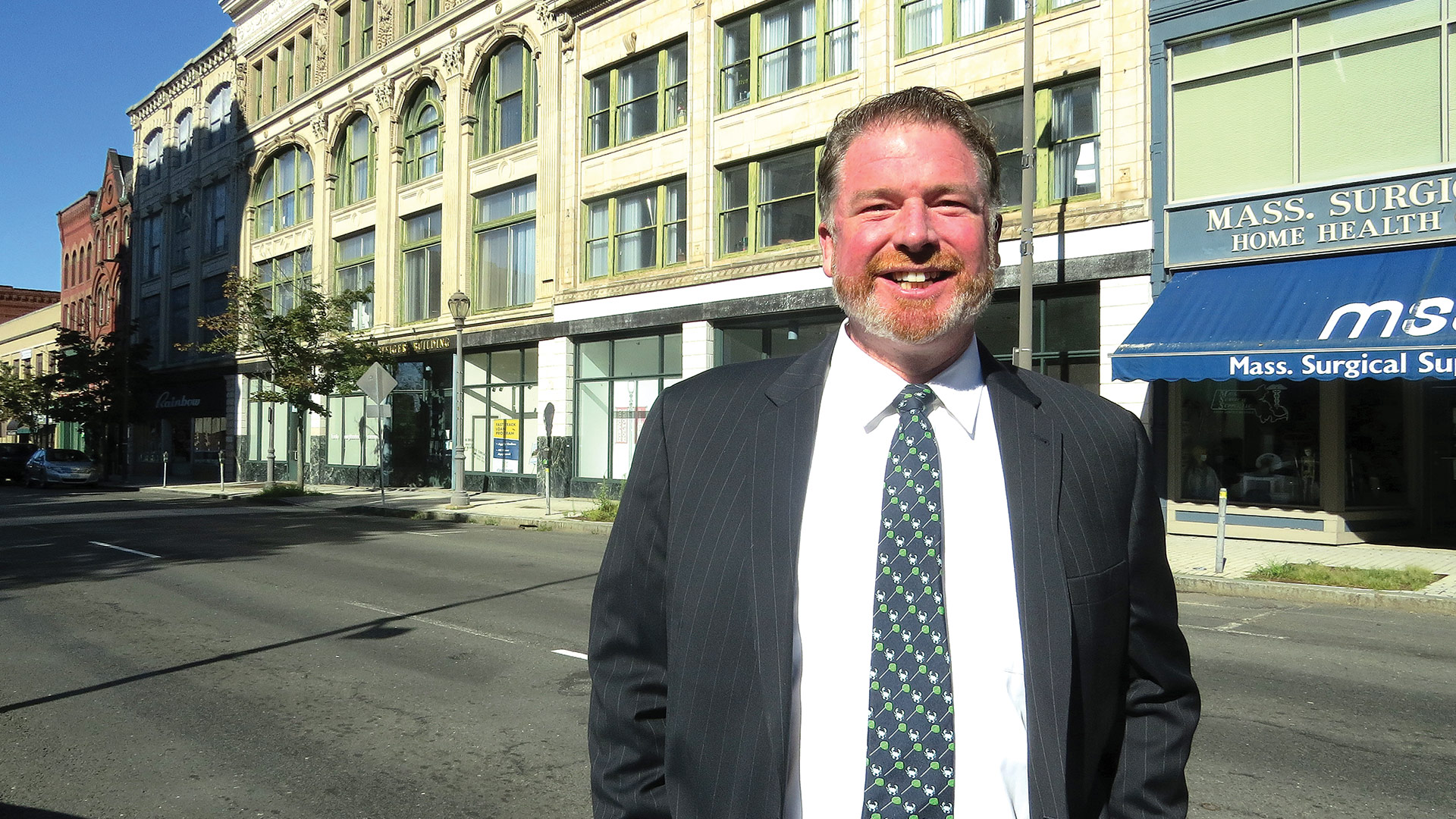Owner, RMC Strategies
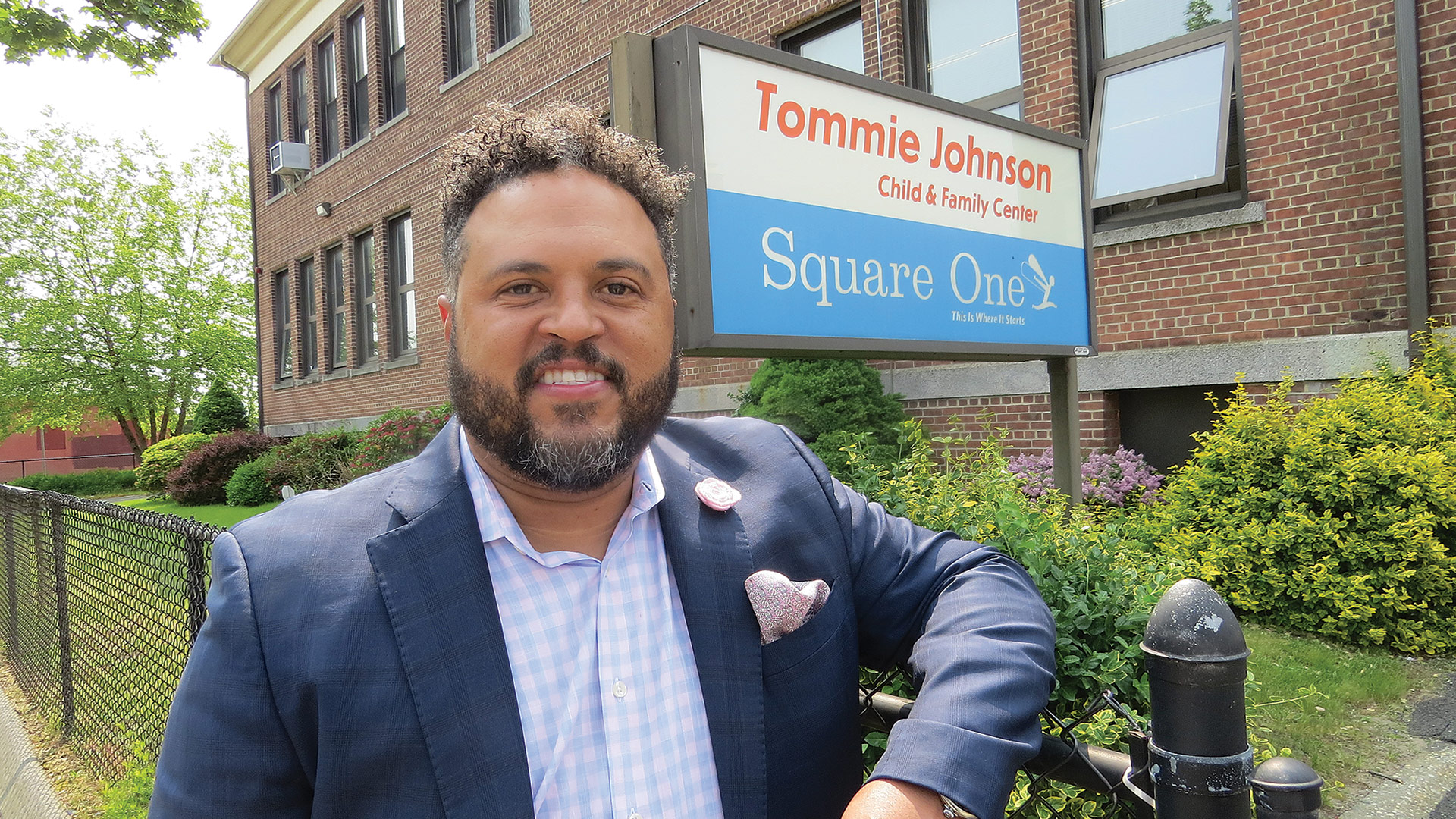
Ryan McCollum has grown not only his business but his civic impact since being honored by 40 Under Forty in 2012 (below).
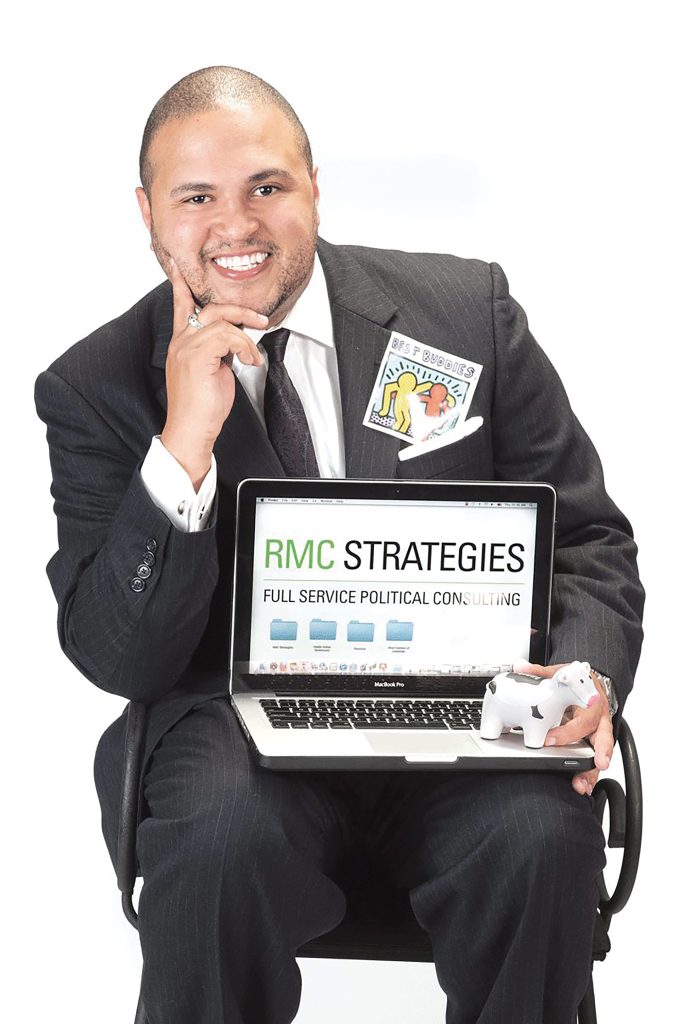
Ryan McCollum 2012
When he became a member of the 40 Under Forty class of 2012, Ryan McCollum had already established an impressive track record of entrepreneurship, community involvement, and simply being an advocate for, and supporter of, the Western Mass. region and its business community.
Indeed, at that time, he had established RMC Strategies, a full-service consulting and government-relations firm, as a force in the region. Meanwhile, he was involved in civic work — and helping to promote and strengthen the 413 — on many levels, from his work to help launch the Young Professional Society of Greater Springfield to his service on the board of Best Buddies.
To say that, over the past 11 years, he has only built on this deep and impressive résumé would be a huge understatement.
As an entrepreneur, he has established two new ventures — Shoe Leather, a text-messaging marketing company, and Goldilox, an online payment platform for candidates and nonprofits — and he is also part-owner of a cannabis dispensary set to open this fall in Monson, part of the growing portfolio of Holyoke-based DAZE, one of his clients at RMC.
Speaking of RMC, McCollum continues to grow that venture and take it in different directions. Indeed, while he still handles political campaigns — he served as consultant to Joshua Garcia in his successful bid to become the first Latino Mayor of Holyoke in 2021, for example — he continues to build his client list and, recently, his portfolio of work as a lobbyist. When he spoke with BusinessWest, McCollum was driving to Boston to lobby for the Coalition for an Equitable Economy. He’s also done some lobbying for a company looking to enable small businesses — bars, restaurants, and private clubs — to be a part of the burgeoning sports-betting scene across the state.
But it’s his ongoing efforts to expand his volunteer work within the community that is perhaps most impressive.
Indeed, the current list of agencies and causes he’s involved with includes Suit Up Springfield and Square One, which he serves as a board member; Roca, which he serves as an advisory board member; the Springfield Museums, where he has been a member of the marketing and communications committee; the Children’s Museum in Holyoke, for which he was a celebrity dancer for its Fancy Steps fundraiser this year; and many others. He’s even involved in work to help bring others into the game of golf, a sport he discovered years ago and is now somewhat passionate about.
“If ever Ryan leaves a board, he immediately joins two more,” wrote Timothy Allen, principal at Birchland Park Middle School in East Longmeadow and a 40 Under Forty winner himself (class of 2013), who nominated McCollum for the AAA. “Despite the success of his personal business, it is still the community side of his work that drives his daily motivation.”
Increasingly, this work in the community has involved efforts to combat racism and level the playing field for all residents of the 413 — and beyond.
McCollum is now a board member for the Healing Racism Institute of Pioneer Valley as well as the National Conference for Community and Justice, and he recently became a member of the Longmeadow Coalition for Racial Justice Task Force. And then, there’s the recently formed nonprofit he founded (with 15 friends and colleagues, many of them involved in education) called 16 Lyrics.
“We fight to conquer and dismantle systemic racism through education, community outreach, and intensive support of those in the same battles.”
“We fight to conquer and dismantle systemic racism through education, community outreach, and intensive support of those in the same battles,” he said of the agency’s mission statement. “Our first initiative has been to provide kids with books that have diverse characters, diverse authors, diverse storylines — and we do that all over the country; we’ve given out books that we’ve purchased from Black-owned bookstores to places in New Jersey, Chicago, and, of course, Massachusetts. It’s been fun, and I think we’re already making a difference.”
While his work in the community and as a business owner and lobbyist are all impressive, perhaps McCollum’s most important work, Allen said, is as a connector — connecting residents, political candidates and office holders, and organizations with resources and opportunities for growth and advancement.
“He is the person to call to connect people and form other lasting bonds, which further creates great energy and outcomes here in Western Mass.,” Allen wrote. “Instead of sitting on each board he is asked to sit on, he’s working on setting up a talent bank of young and diverse leaders to sit on boards and fill other roles he’s often asked himself to take on.
“While clearly becoming an even more of a behind-the-scenes and sometimes out-front leader in the community, it’s Ryan’s ability to push for others that sets him apart,” Allen continued. “He consistently extends opportunities to those who may not have the connections or relationships to be thought of, but have the talent and love of the community to serve as well as anyone.”
When he became a 40 Under Forty honoree in 2012, McCollum summed up his work — and his overall mindset — this way: “I want to leave the world a better place than I found it … this is the driving force behind everything I do.”
That is still the force that drives him, and 11 years later, there is much more to talk about when it comes to ‘everything I do.’
And that’s why he is one of the finalists for the Alumni Achievement Award in 2023.
—George O’Brien



